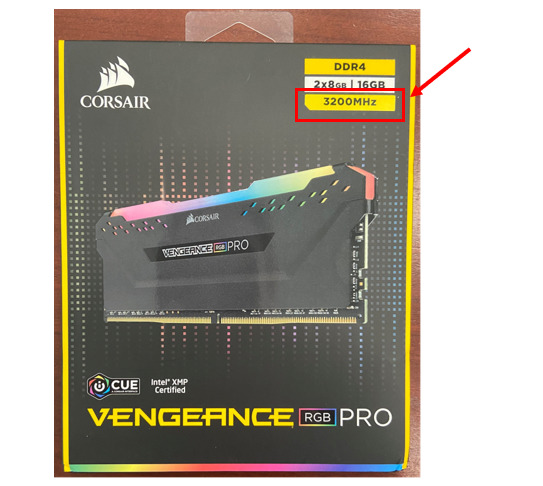January
2022
Dovel & Luner Sues Corsair for Deceptive High-Speed RAM Advertising
SANTA MONICA – The Dovel & Luner law firm on Friday filed a federal class action lawsuit against Corsair Gaming, Inc. (NASDAQ: CRSR) on behalf of a California consumer who purchased high-speed computer memory from Corsair. The lawsuit alleges that Corsair misled hundreds of thousands of consumers by deceptively advertising and packaging its high-speed computer memory.
The Complaint, filed in the United States District Court for the Northern District of California, alleges that Corsair violated the consumer protection laws of many states, including the California Unfair Competition Law, the California False Advertising Law, and the California Consumer Legal Remedies Act. According to the lawsuit, Corsair’s advertisements and packaging for its high-speed memory products misleads consumers about the performance of Corsair’s memory.
Corsair advertises that its memory products, including Corsair’s “Vengeance” and “Dominator” product lines, run at faster-than-standard speeds—as high as 4600 MHz. According to the lawsuit, a reasonable consumer would understand Corsair’s advertisements and packaging to mean that Corsair’s memory will run at the stated speed out of the box, and that it will do so reliably across platforms. Here is an example of Corsair’s packaging for the “Vengeance RGB Pro” stick, which advertises (in the top-right corner) that the stick operates at “3200 MHz”:

“In reality” however, the lawsuit claims, “Corsair’s memory sticks do not operate at the advertised speed out of the box, i.e., when plugged into a computer. Rather, they operate at a lower speed.” To get the memory to run at the advertised speed, a customer must “overclock” the memory, which means “changing their computer’s firmware to make the computer push its components beyond their standard operating speeds.”
To make matters worse, the lawsuit alleges, “overclocking” doesn’t always work. Rather, the lawsuit claims, “successfully overclocking computer components is a ‘lottery.’” And what’s more, “[a]ltering the computer’s firmware in this way poses material risks to the functionality of the computer system, as well as to the memory sticks themselves. Some examples include reducing computer system stability, causing crashes, overheating system components, and causing system components to degrade more quickly.”
None of this information, the lawsuit claims, is disclosed to consumers in Corsair’s packaging or advertisements. “And this is not information that a reasonable Corsair customer already knows. A typical purchaser of Corsair High-Speed Memory is not a computer expert (much less an overclocking expert). Rather, a typical purchaser of Corsair High-Speed Memory is a regular consumer simply looking to improve the performance of their computer games or media software.”
As a result, the lawsuit claims, “Corsair’s ads are misleading to reasonable consumers.” And these “false statements and material omissions increased the demand for its Corsair memory products. As a result, Corsair was able to charge more for its High-Speed Memory than it would have been able to had Corsair’s packaging and ads been truthful.”
“The lawsuit alleges that Corsair misled its customers about its high-speed RAM products so that it could charge more for them, and that this violated consumer protection laws,” said Simon Franzini of Dovel & Luner. “We and our co-counsel at Kneupper & Covey brought this lawsuit to stop these misleading ads and to compensate consumers who overpaid for Corsair’s memory.”
The lawsuit seeks to enjoin Corsair from continuing to engage in deceptive advertising and to require that Corsair compensate harmed consumer
CONTACT:
Simon Franzini
SOURCE Dovel & Luner, LLP
Related Link:
What We Do | Class Actions
Related Publication(s):